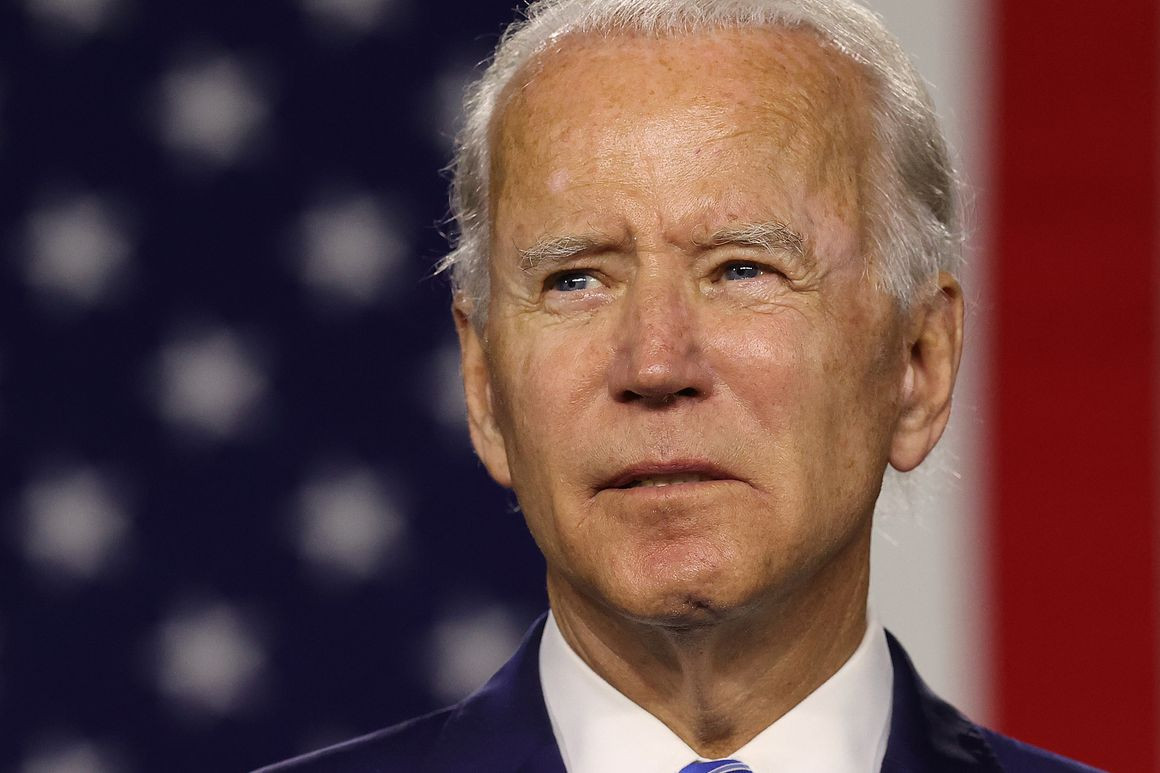Two of these, extension of the New START with Russia, and revival of JCPOA with Iran will need immediate attention.
As we step into the last month of what has been a harrowing year, there is a sense of renewed hope. News on the availability of vaccines against Covid-19 has brought cheer to nations and their economies. Meanwhile, the impending change in US administration has also generated optimism. Amongst the many domestic and global issues that will vie for the attention of the incoming US administration, five specific nuclear issues stand out.
Two of these—extension of the New START with Russia; and revival of the Joint Comprehensive Plan of Action (JCPOA) with Iran—will need immediate attention. The former is due to expire in February 2021 and reviving it before that happens will be a scramble. While the President-elect has expressed keenness for this, it is possible that the new START may not immediately receive a five-year extension. After all, irrespective of the leaders at the helm, US-Russia relations do suffer from certain deeper issues. Therefore, a modest expectation in the near-term should be for a one-year extension of the treaty with a year-long freeze, even if unverifiable, on nuclear warheads. This will allow time to work out other issues and details before further extension.
The second issue requiring quick action will be the JCPOA. Biden supports revival of the agreement. But he cannot be sure of political backing from the Senate. He has also mentioned changes in JCPOA to address American concerns of Iranian missiles and support for terrorism. This will obviously not be acceptable to Tehran. In fact, with presidential elections due in Iran in June 2021, the reformist, moderate administration of President Rouhani that finalised the JCPOA, could find itself compelled to take a hard position on such issues. The recent assassination of an Iranian nuclear scientist adds to the pressure. Already, the hard-line Iranian Parliament has asked for withdrawal from IAEA safeguards regime in response. Any such move would make return to JCPOA difficult. Also problematic would be Tehran’s insistence on compensation for economic losses suffered due to US withdrawal. So, while both sides are keen on return to the agreement, finding the middle ground will not be that easy. Elections in Iran, and prospects of a hard-line administration replacing the current moderate dispensation, imposes a pressure on the United States to get things in order before such an eventuality occurs.
A little later in 2021, the Biden administration will have to decide on its participation in the NPT Review Conference (RevCon), now scheduled for August 2021. Joe Biden, who played a role in the outcome of RevCon 2010, understands the value of this forum, especially as it marks 50 years of NPT’s existence. He can also be expected to understand the challenges confronting the treaty, such as fissures between the nuclear weapons states and non-nuclear weapon states on their unequal obligations on non-proliferation and disarmament. The mood set by the US will reverberate through the conference. Biden’s guidance to his team at the RevCon, therefore, will impact the spirit of negotiations and raise the level of overall commitment to nuclear non-proliferation and disarmament.
The fourth nuclear issue that will need attention of Joe Biden is the US nuclear posture review (NPR). The document brought out in 2018 under President Donald Trump grants a high salience to nuclear weapons—by expanding the role of the weapons to include deterrence against cyber, space
The fifth nuclear issue that will vie for Biden’s attention will be North Korea. Much of where this appears on his agenda will depend on Pyongyang’s attention-seeking tactics. For instance, a nuclear/missile test may demand focus on the country faster than may happen otherwise. But such an action is also likely to beget a harder US position. Biden has criticised President Trump for having legitimised the North Korean dictator with his personal meetings while getting nothing in return. He has also indicated that he would pressurize China into handling the issue. Whether this would work remains unclear. Of course, the larger US-China relationship will have a bearing on Chinese willingness to engage on the issue.
All in all then, the new US President will be served a nuclear-rich menu. The agility of his team to build domestic consensus, and its diplomatic acumen with foreign interlocutors, will be severely tested. Biden’s own political experience will give him a head start. Meanwhile, courage and conviction may enable him to tread new ground.
Manpreet Sethi is Distinguished Fellow, Centre for Air Power Studies.

